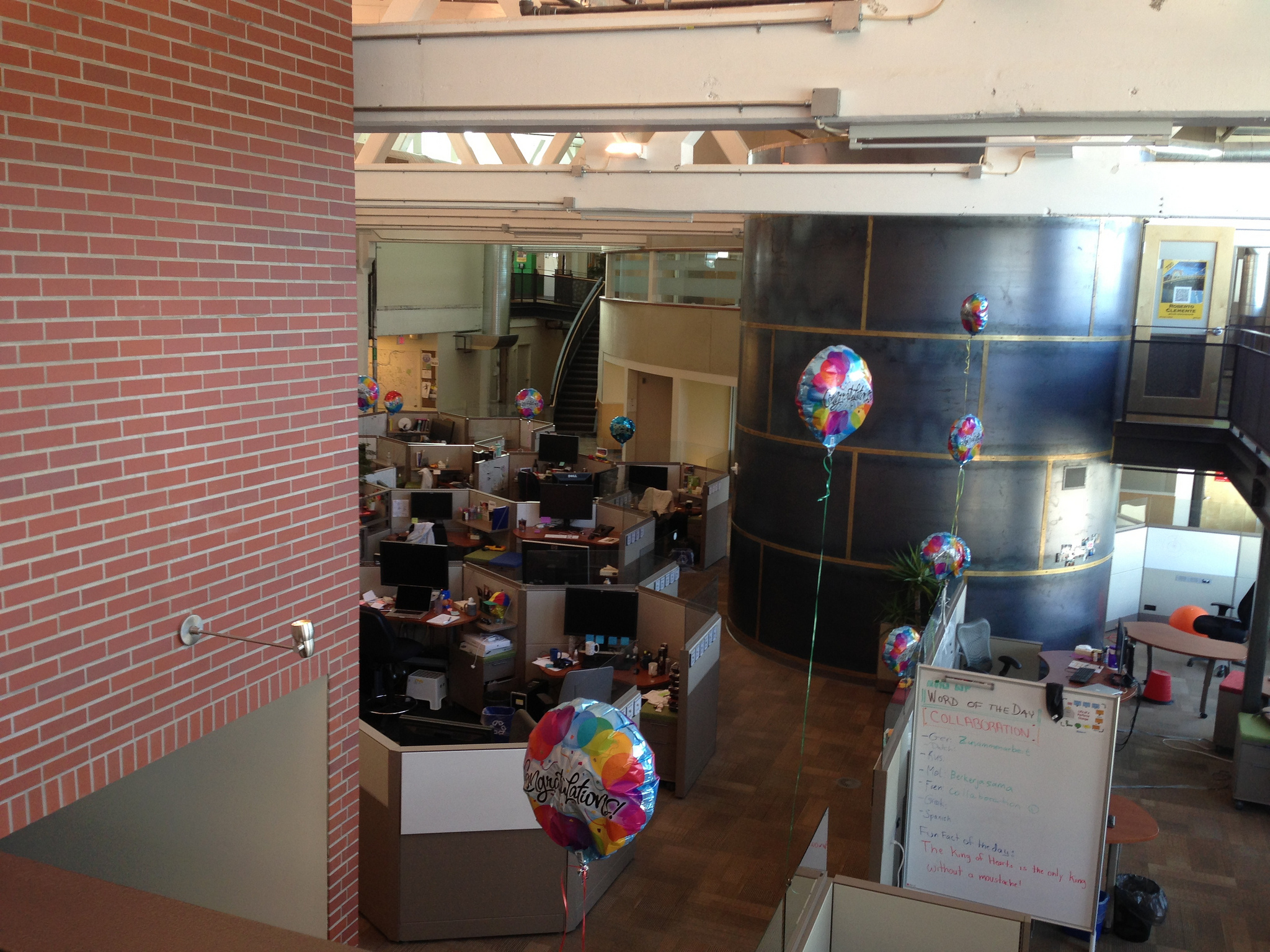As much as Pittsburgh touts its status as a hub for robotics research and the large tech companies with offices here, the challenges for startups in the Steel City seem to persist from year to year.
In fact, a new report suggests, unless the area gets a little momentum going soon, it may find it hard to build on the entrepreneurial successes it does have.
Jonathan Kersting of the Pittsburgh Technology Council asked four companies of various stages what it was like running a startup in the Steel City during a panel discussion earlier this month. “Made in PGH: The Local Startups Building the Future” included leaders from Duolingo, Go Jane Go, Gridwise and Robotany.
The conversation touched on topics sure to be familiar to anyone who’s spent any time around local startups and entrepreneurs:
- Lack of direct flights from Pittsburgh International Airport
- Difficulty accessing capital
- Finding and retaining talent
“I came here in 2000, and moved here for a startup that folded in a year and a half,” said Natalie Glance, vice president of engineering at Duolingo. “There were not a lot of options, and it was very hard to be in that position and not know where your next job would be.”
She landed at Google and worked there eight years before joining language learning app company Duolingo in 2015. “Even in the early days of Google Pittsburgh, we had a hard time recruiting people.” Job candidates were wary of moving to a city where they weren’t sure where their partner or spouse would find work, or where they’d go if things didn’t work out at Google, she added.
The panelists discussed their startup experiences on the same day the Brookings Institution unveiled an 18-month study that examined the strengths and weaknesses of Pittsburgh’s economy. The study found that Pittsburgh’s entrepreneurial ecosystem “has yet to produce a significant number of high-growth startups.”
It’s not able to compete with cities like Denver and Austin in the startup arena, the report authors found, because too few of Pittsburgh’s startups are “scaling to the point of being a sustainable feature for economic development.”
In other words, there’s not enough momentum for the startups that are in Pittsburgh to remain in Pittsburgh, and it’s not clear whether the city can support and enable fledgling companies to grow.
Ellen Saksen, CEO and cofounder of women’s business travel startup Go Jane Go said she has a really hard time finding local investors.
“We’re looking for seed. I don’t find Pittsburgh a particularly easy place when you’re pre-revenue, the way that we are,” Saksen said. “The advice we’ve been given is don’t even try in Pittsburgh. It’s a different investment climate here.”
Saksen also says she has joked with other female entrepreneurs about the lack of women investors. “We’re like ‘where are the women?’ Where are the female investors who can help us cross that chasm?” While she said there’s been some movement in that area, “they’re still pretty risk-averse and they don’t want to talk to pre-revenue companies.”
She said she’s not giving up on Pittsburgh and feels like she’s on top of the situation, but the money issues keep her up at night. “Will I blow through all my money going to New York and San Francisco trying to chase it?”
Pittsburgh ranked 27th out of 40 benchmark cities for high-growth startups, according to a 2016 report by the Kauffman Index, falling short of other cities when comparing metrics like the rate of startup growth and the share of scale-ups the city has produced.
“Despite national R&D strengths in next-generation technology areas with rapidly expanding global markets, the city doesn’t have an international presence, particularly around entrepreneurs,” the Brookings report states. “This hamstrings the city’s ability to link its technical capabilities to entrepreneurial success.”
Gridwise, which helps rideshare drivers be more efficient, wants to keep things as local as possible, said co-founder and CTO Brian Finnamore. “Part of my goal for our company is to keep our headquarters here and grow our team here,” he said. “Being a Carnegie Mellon University alum, I try to use the networks we’ve built through Alphalab and Innovation Works, but it is a challenge because there is a lot of competition [for talent] with other good startups and other larger tech companies as well.”
One of the key recommendations of the Brookings report is for Pittsburgh to improve its pipeline of high-growth entrepreneurs.
Glance said one big obstacle she sees is just physically getting people to the area. “We’d have a lot more VCs here if we had direct flights to San Francisco,” she said.
For indoor vertical farming app Robotany, the company spends so much of what it raises on hardware, as opposed to software, that it forces the company to work really lean, which included forgoing a paycheck in the beginning, said CEO and cofounder Austin Webb.
“The best analogy is it’s like being a Ph.D. student,” he said. “It might take a few years and you might get bored, but everyone says, ‘You’re amazing! You’re so awesome!’ But you’re also broke,” he said.
For all the challenges of trying to start a company in Pittsburgh, though, Saksen said the experience has been worth the difficulties.
“I’m honestly grateful that we didn’t get some crazy millionaire who said, ‘Hey, we love you, here, have some money,’” she said. “It forced us to be leaner and really decisive and smart. It’s hard, but there’s no place I’d rather be.”
[googlemaps https://www.google.com/maps/d/u/0/embed?mid=1fAjLwwFCWeFH3RWL0dxRnqZF5y4&w=300&h=150]







